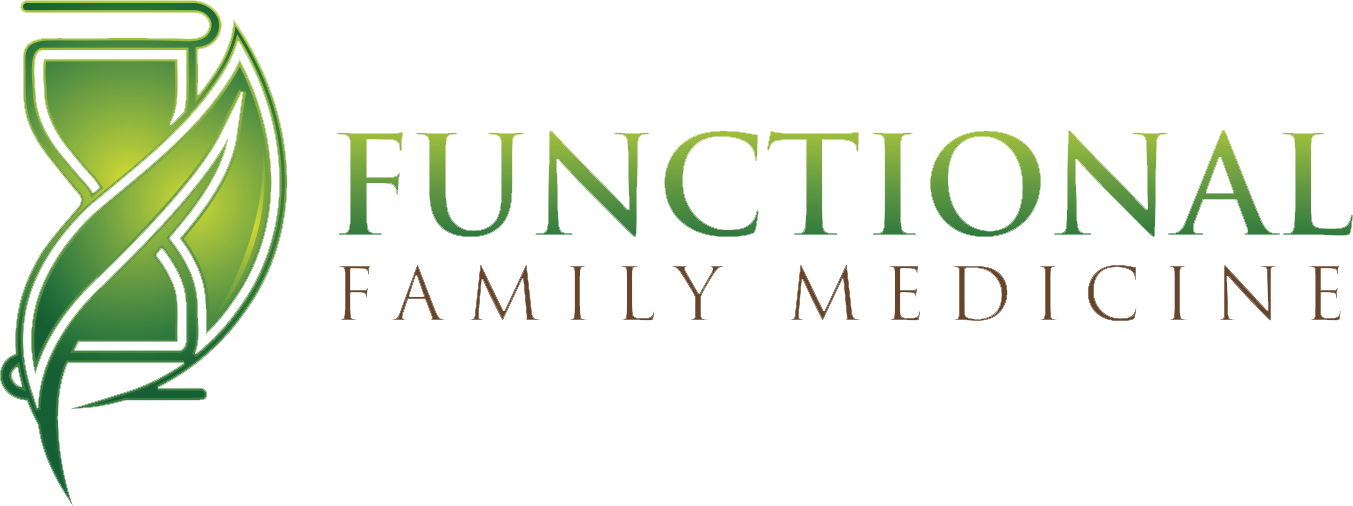We only have one life to live, so why not take the preventative measures necessary to ensure you get the most out of it? Certain causes of death are rather difficult to avoid, such as an unexpected accident or old age. Others, however, you have much more control over. But why then, are many of us not doing so?
According to Medical News Today, Heart Disease is the number one cause of death in the United States, accounting for 596,577 deaths within only one year. These numbers are staggering, but what’s even more alarming is that this disease can be prevented and controlled through the maintenance of a healthy diet, exercise, and stress management.
What is Heart Disease Exactly?
Atherosclerosis is the collection of plaque within artery walls. When plaque builds up within the arteries, it makes those already narrow tubes even more so. This blockage slows down or even completely stops blood flow. If blood isn’t getting to the appropriate areas, such as the heart and brain, the cells start to die and the result is a heart attack or stroke, respectively. Sometimes the severity of a heart attack or stroke is not critical, and other times, unfortunately, it can lead to death.
Even if one does survive one of these traumatic incidences, they can leave permanent effects on your body, and drastically alter how you can live your life. This may include arrhythmia, or an abnormal heartbeat. Sounds trivial at first, but its symptoms may include dizziness, chest pain, fatigue, and even cardiac arrest. And believe it or not, cardiac arrest and heart attack are not synonymous. While a heart attack is caused from plaque buildup, cardiac arrest occurs when the heart’s electrical system malfunctions, and the heart stops abruptly.
There are a number of factors which lead to atherosclerosis and two specifically that are key.
Looking after the Heart
High blood pressure and cholesterol are the highest contributors to heart disease risk, and they are in your control.
According to the American Heart Association, 41% of adults in the United States are expected to have high blood pressure by the year 2030. From 2001 to 2011 there was a 13% increase in the number of deaths associated with high blood pressure. Why the escalation?
Take a look around you and the answer is fairly apparent: a stressful morning commute, co-workers taking frequent cigarette breaks, fast-food meals for dinner, relaxing in front of the television for a few hours before bed. The modern human routine is hardwired for heart disease.
A study published in the International Journal of Cardiology shows that children who are seated for more than two hours at a time in front of a tv or computer are at a 30% greater risk for developing high blood pressure. Imagine what kind of effects this has on an adult body, already riddled with years of stress, poor diet, and lack of exercise.
The thing is, most of us avoid the healthier choices because we associate them with extremes and discourage ourselves from the start. When we picture exercise, we imagine a 24k marathon and lifting 200 pound weights. When we picture eating healthy we imagine a raw, vegan diet devoid of all flavor, substance and texture. None of this is the case.
In a study done by Dr. Glenn Gaesser, director of Healthy Lifestyles Research Center at the Arizona State University, Gaesser found that standing for ten minutes every hour at work, people showed a significant improvement in blood pressure. Just ten minutes! Just standing! Doesn’t standing for a few minutes at work seem like a small sacrifice to pay for heart health rather than paying hundreds of thousands of dollars in medical bills and recovery time?
Meal choices don’t have to be bland, either. Just opting for the slightly healthier route is better than not at all. Instead of fried, choose grilled. Bypass the potato chips and choose pretzels (no salt). French fries? Try a baked potato instead. The important thing is to take steps, no matter if they’re small. When the tough choices start to becoming habitual, you’ll find yourself getting healthier and the effort easier. Your 10 minute walks around the park will become 15, then 20. You’ll start to crave the taste of well-seasoned, baked tofu (or chicken!) with roasted vegetables.
These actions may feel insignificant, and if that’s the case, then why not take them? Salmon for lunch and a 30 minute walk after work sounds like a considerably better option than a double bacon cheeseburger, high-blood pressure and a heart-attack at age 56. You deserve better and so does your family.
Remember, your heart health is important. If your heart stops working, well, so do you.
Works Cited:
- “High Blood Pressure Causing More Deaths despite Drop in Heart Disease, Stroke Deaths.” Blog.heart.org. American Heart Association, 19 Dec. 2014. Web. 18 Sept. 2015. <http://blog.heart.org/high-blood-pressure-causing-deaths-despite-drop-heart-disease-stroke-deaths/>
- Reynolds, Gretchen. “Ask Well: The Best Exercise to Reduce Blood Pressure.” Well Blogs. New York Times, 18 Sept. 2015. Web. 18 Sept. 2015. <http://well.blogs.nytimes.com/2015/09/18/ask-well-the-best-exercise-to-reduce-blood-pressure/?ref=health&_r=0>
- “The Top 10 Leading Causes of Death in the US.” Medical News Today. N.p., 7 Sept. 2015. Web. 18 Sept. 2015. <http://www.medicalnewstoday.com/articles/282929.php>
- “What Is Cardiovascular Disease?” What Is Cardiovascular Disease? American Heart Association, 18 Dec. 2014. Web. 18 Sept. 2015. <http://www.heart.org/HEARTORG/Caregiver/Resources/WhatisCardiovascularDisease/What-is-Cardiovascular-Disease_UCM_301852_Article.jsp>
- “About Cardiac Arrest.” About Cardiac Arrest. American Heart Association, 14 Nov. 2014. Web. 18 Sept. 2015. <http://www.heart.org/HEARTORG/Conditions/More/CardiacArrest/About-Cardiac-Arrest_UCM_307905_Article.jsp>
- Plataforma SINC. “More than two hours of TV a day increases high blood pressure risk in children by 30%.” ScienceDaily. ScienceDaily, 25 February 2015. <www.sciencedaily.com/releases/2015/02/150225102845.htm>

